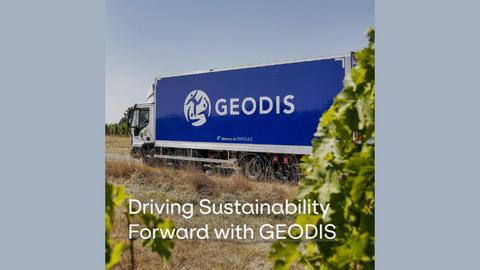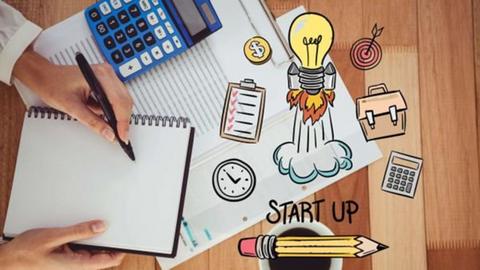Publications
Focus 81 | Steering Toward 2050: Bureau Veritas' Mission for a Net-Zero Maritime Era

How is Bureau Veritas Marine & Offshore supporting the marine industry in adopting low-carbon and zero-carbon fuels?
The clock is ticking down to 2050, and in a safe zero-carbon future, Bureau Veritas believes the maritime world will gain in prominence. Seaborne trade has long been the backbone of our global economy, strengthening relationships between nations and allowing humanity to thrive. Recognising that everyone will start their sustainability journey from a different position and move at different speeds, we are there to support stakeholders. Through understanding, reducing risks, improving performance, we help them to innovate to meet the challenges, however ambitious their short-, mid- and long-term sustainability goals may be. By formulating technical rules, Bureau Veritas has played a pioneering role in validating the safety and performance of innovative technologies since 1828, playing a unique role in shaping a better future for the shipping industry and the wider world.
What would you consider as critical success factors?
Collaboration - The maritime world has chosen to decarbonise its operations, despite the difficulty of this challenge. Shipping has always been, and will remain a fragmented yet interconnected sector. The only way to succeed is to collaborate, open sharing knowledge and resources across the industry. This is a collective challenge requiring new approaches, prompting the development of frameworks that encourage and reward collaboration. This demands a systemic shift in how we work together. There are challenges to address from practical, political, legal, and technological standpoints. Competition laws and anti-trust concerns are likely to continue to test the boundaries of competition, collaboration and consent throughout the transition.
Digitalisation - Digitalisation offers us opportunities to find innovative ways of working that provide the necessary solutions to navigate shipping’s energy transition. We are deeply convinced that energy transition and digitalisation go hand in hand. One of the biggest opportunities we have in the maritime sector is to use the data we already have. There are large amounts of interesting data not being used and dying on paper or in spreadsheets in mail inboxes. Data is our fuel and once data are gathered, analysed and understood, they can assist in decision-making process and optimisation. Digitalisation is a foundation for innovation as it allows for faster, richer and more efficient collaboration. Through data-powered, collaborative innovations, our industry can further accelerate the transformational changes that we need.
Can you share examples of collaborations with equipment providers and manufacturers?
We are uniquely positioned to build trust between marine stakeholders. Through R&D partnerships, Joint Industry Projects, Joint Development Projects, Classification Rules, Approvals in Principle and risk assessment processes, classification societies help de-risk ambitious projects for alternative fuels and new technologies, including wind propulsion, carbon capturing, fuel cells, energy storage systems etc. Bureau Veritas also partners with data integration, modeling and analytics stakeholders where synchronisation and optimisation strategies can drive energy and operational efficiency – reducing financial, social and environmental cost.

Contributed by




